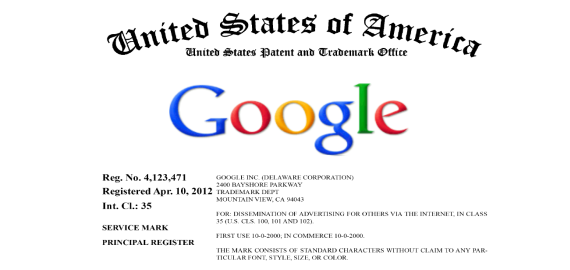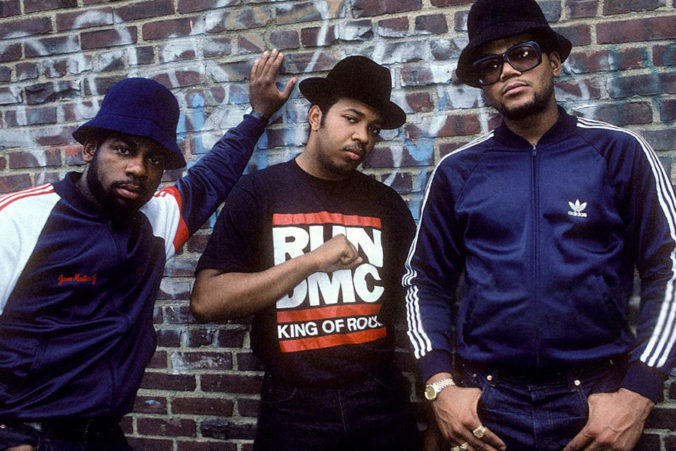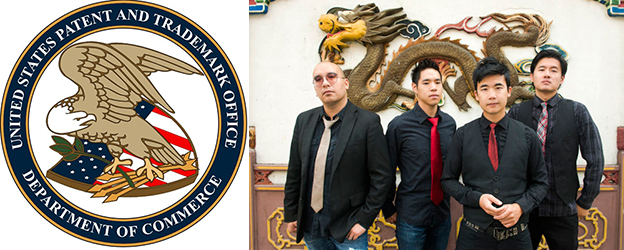In May 2019, Gibson Brands, Inc. sued Armadillo Distribution Enterprises, Inc. for trademark infringement, unfair competition, and counterfeiting.[1] Armadillo may not be a well known name, but it is affiliated with the guitar brands Dean Guitars and Luna Guitars, which compete with Gibson. Gibson is one of the most prominent names in the electric guitar industry, alongside Fender. In this lawsuit, Gibson accuses Armadillo/Dean of infringing at least four “body shapes” of its electric guitar models: the Flying V, the Explorer, the ES, and the SG, each of which Gibson cites as a registered trademark.[2]
This case caught my attention because I am a guitar player and I often write about music and the music industry as it relates to trademarks and copyrights. Here are just a few examples. I do not personally own any Gibson-branded guitars (they are too heavy in the neck), but I do own one acoustic Dean Guitar – though not one of the types that is accused of infringement in this case. With regard to electric guitars, I prefer Schecter Guitars. Always a Hellraiser™.
Armadillo has not yet responded with an Answer to this lawsuit, but I anticipate Dean Guitars will present a substantial defense to all of Gibson’s claims. It is important to note that this is not a patent case. This is not about who “invented” the particular shape or style of an electric guitar. Any patent rights for these designs would have expired decades ago. Instead, this dispute concerns trademarks. It essentially seeks to determine whether a particular shape of a guitar evokes a specific source in the minds of the relevant consuming public. With regard to the guitar industry, there is a long history associated with these particular “body shapes” and how they impact pop culture and the competition between the most popular brands and manufacturers.
Continue reading



Recent Comments